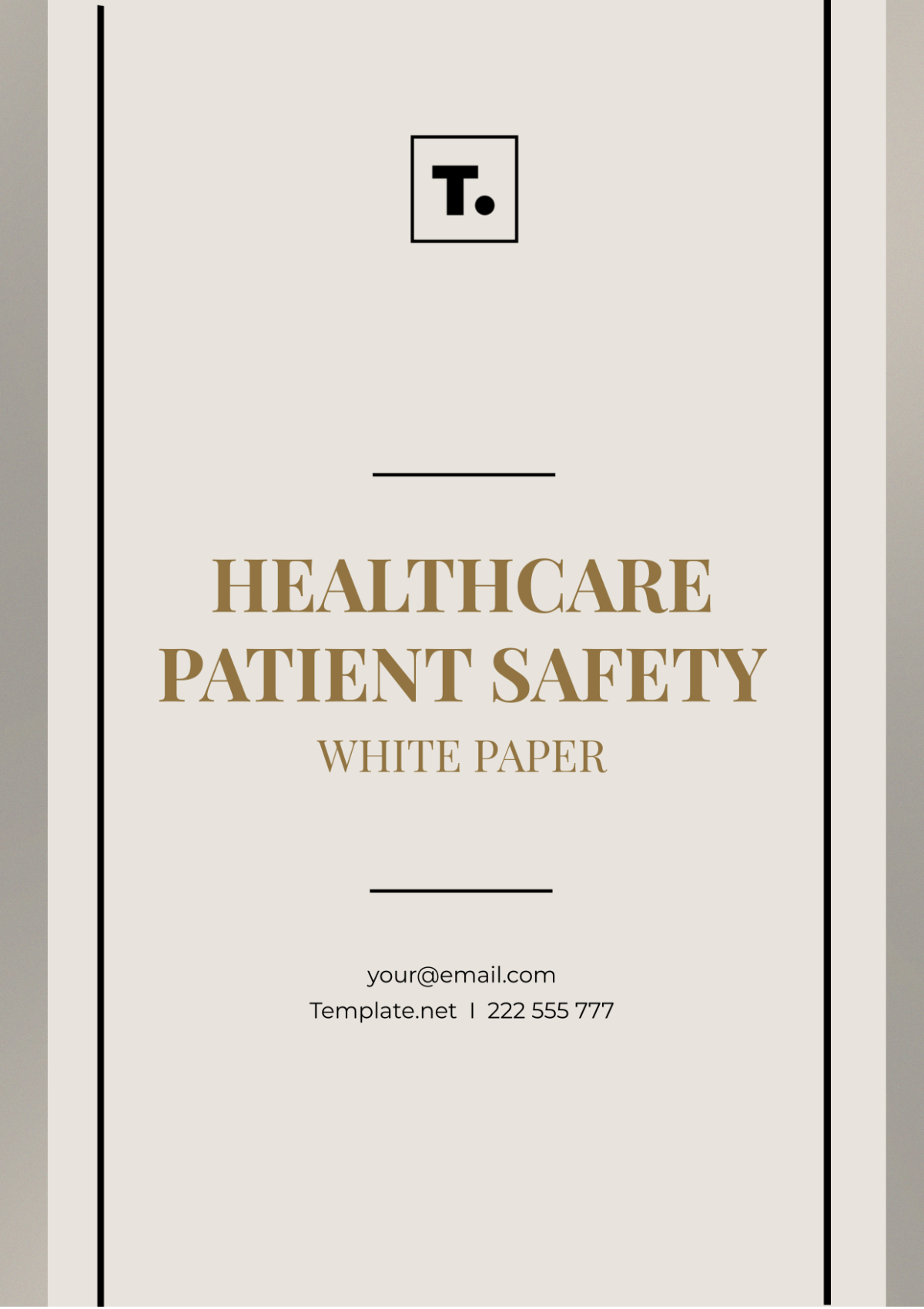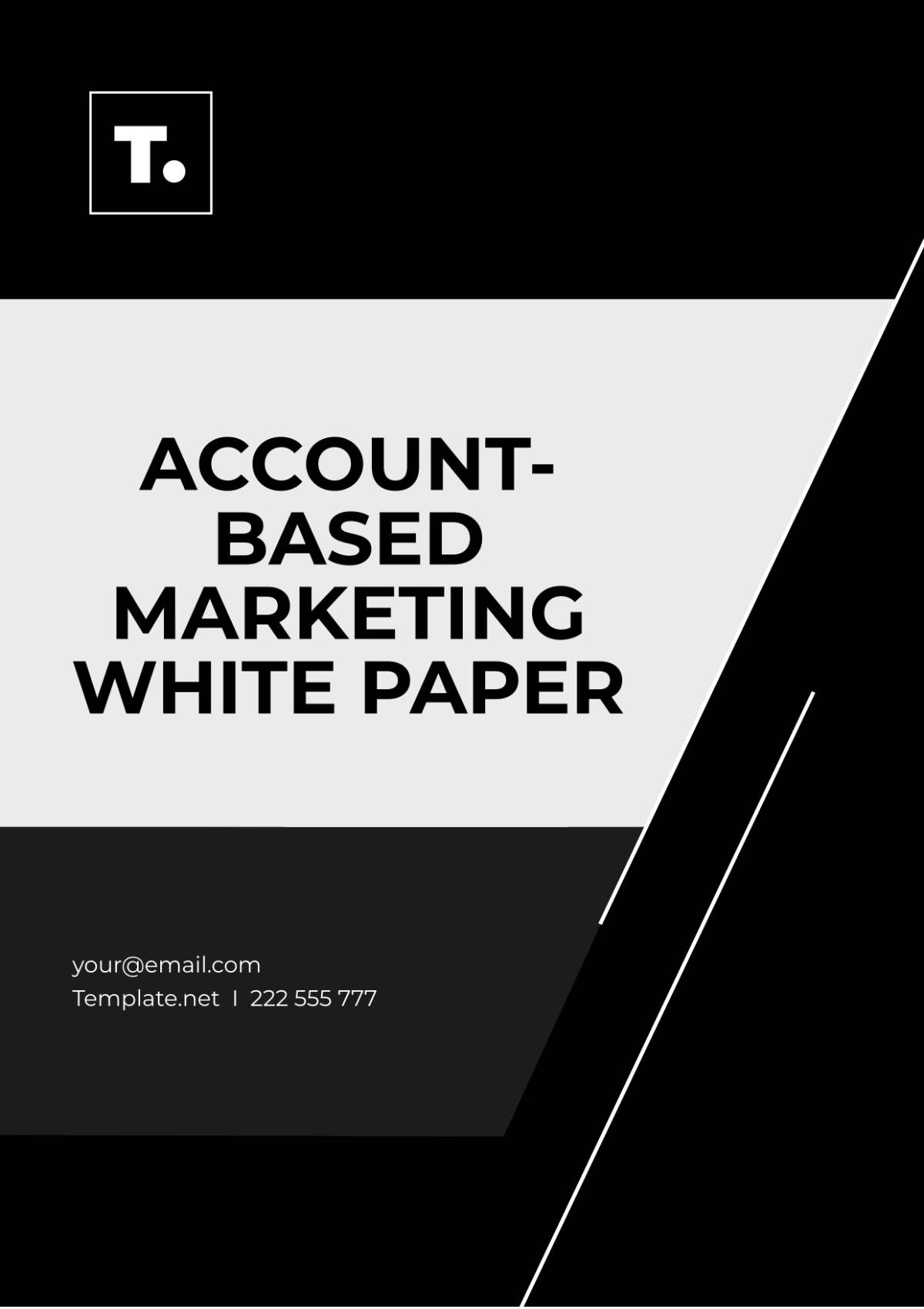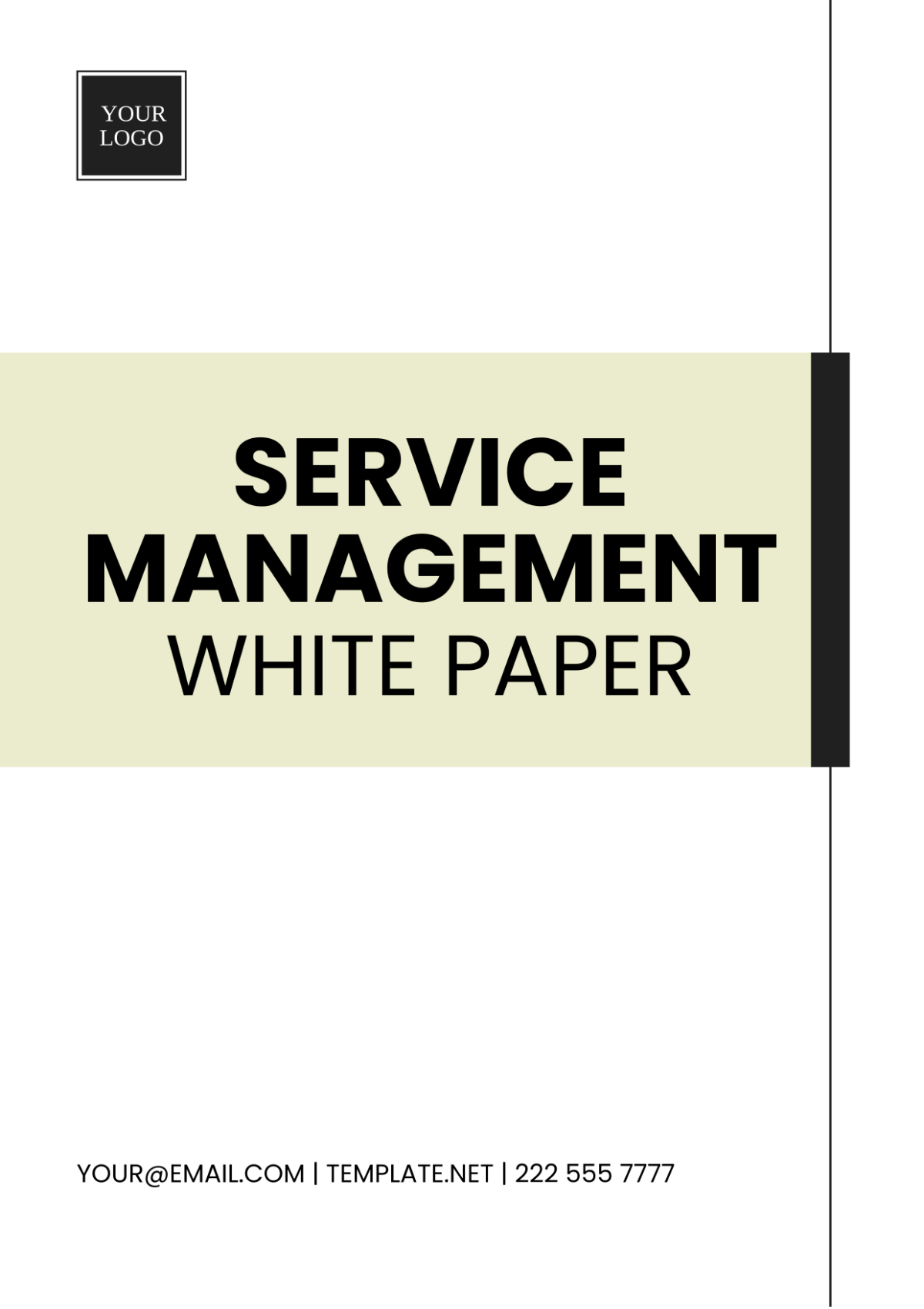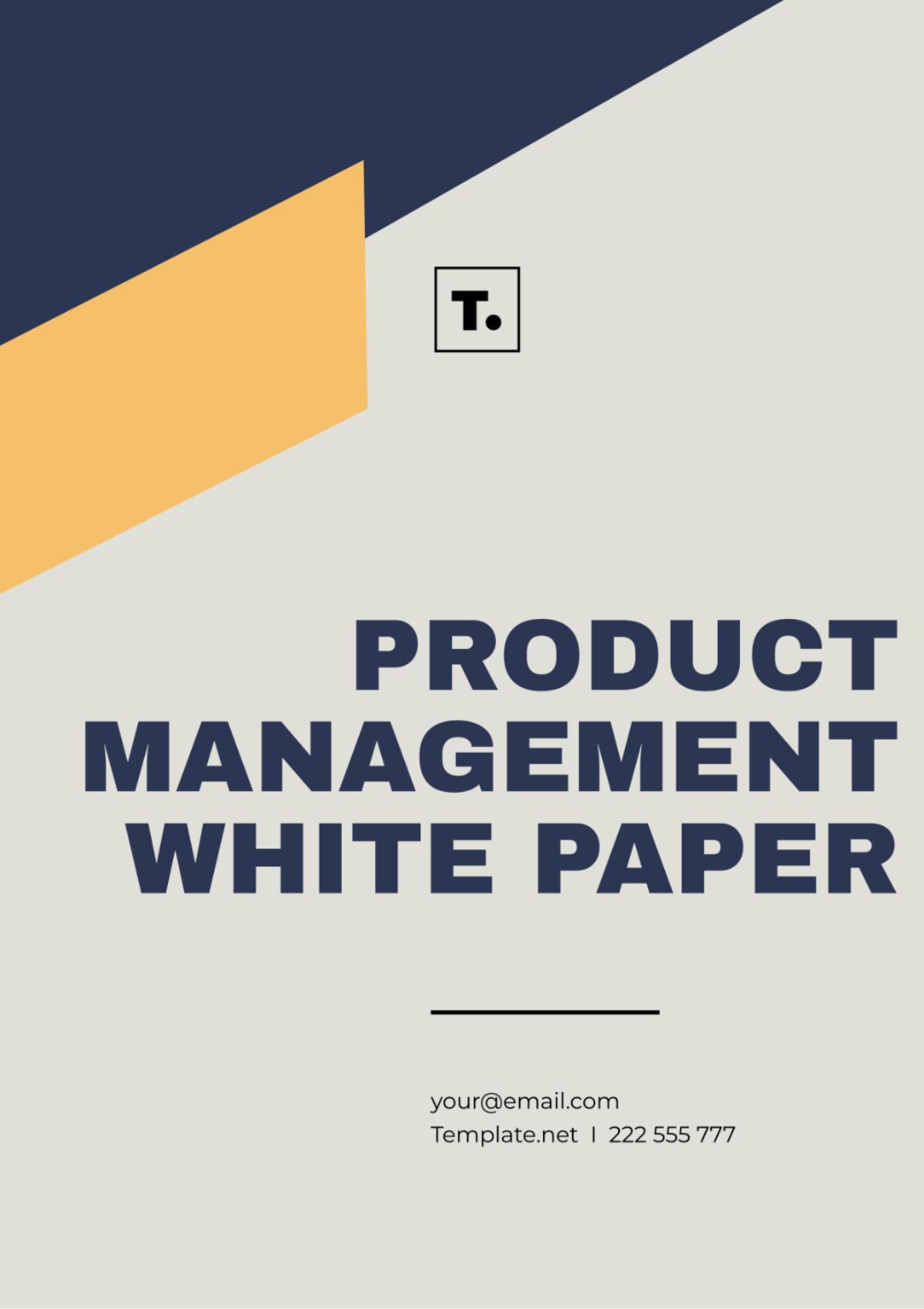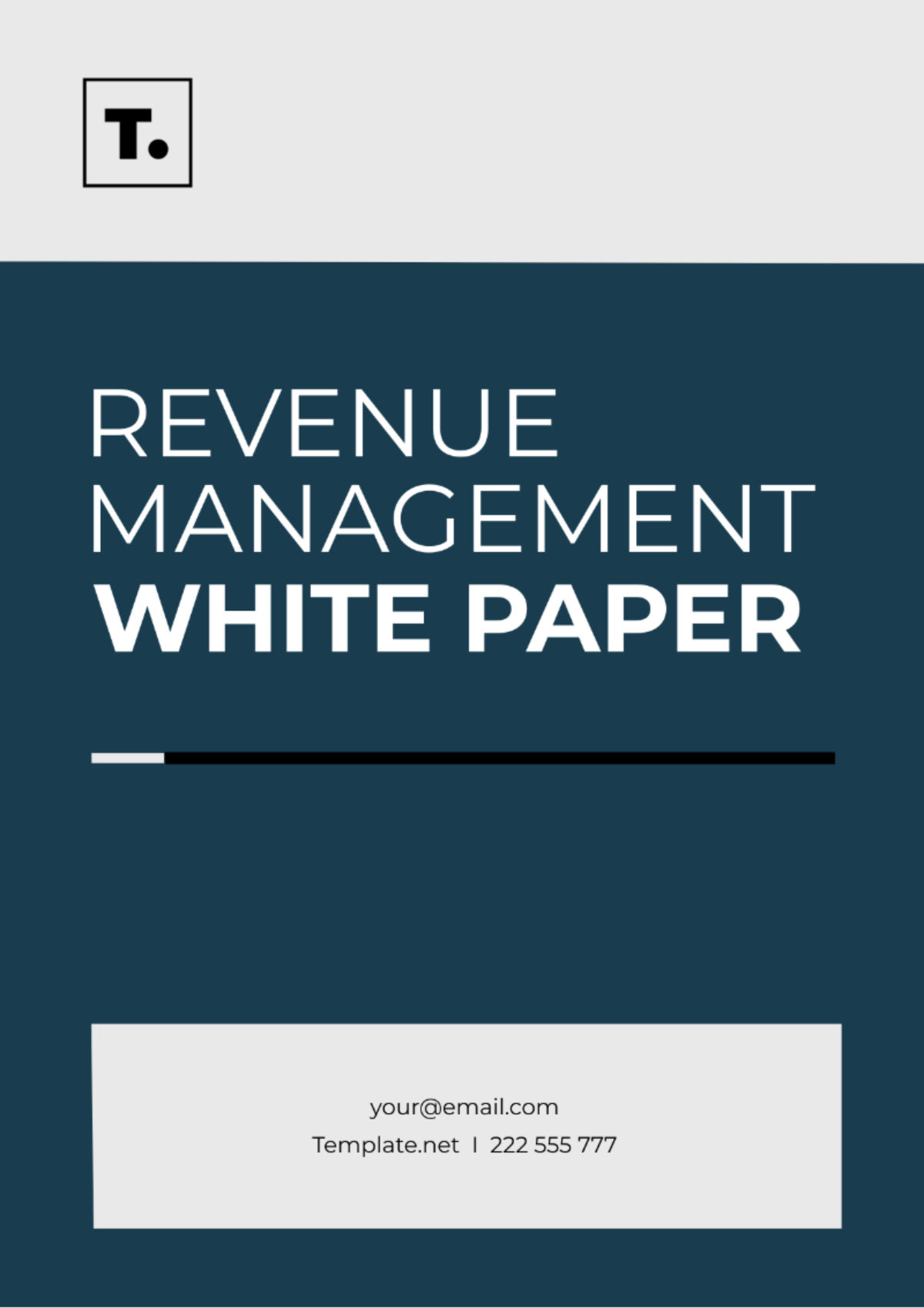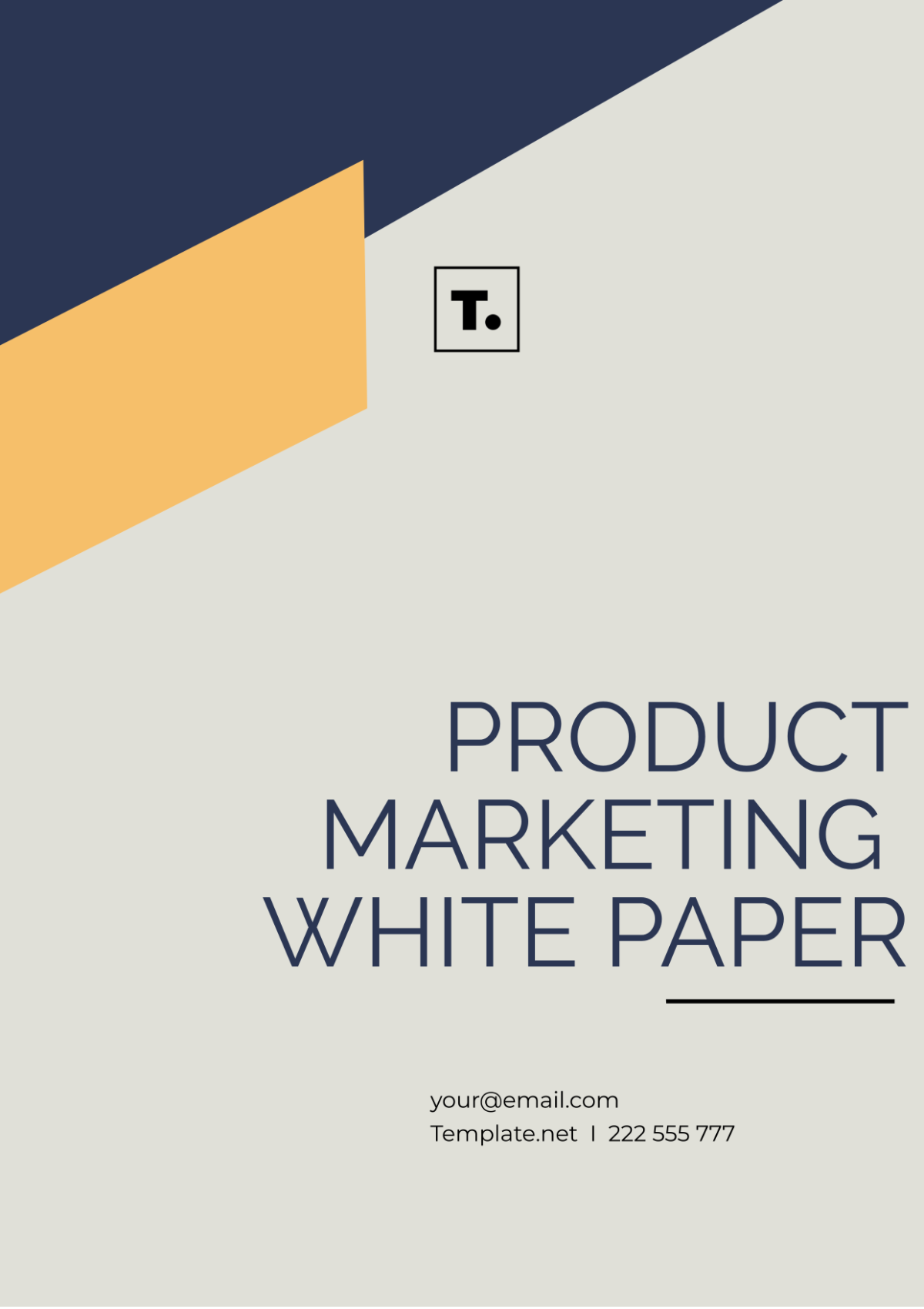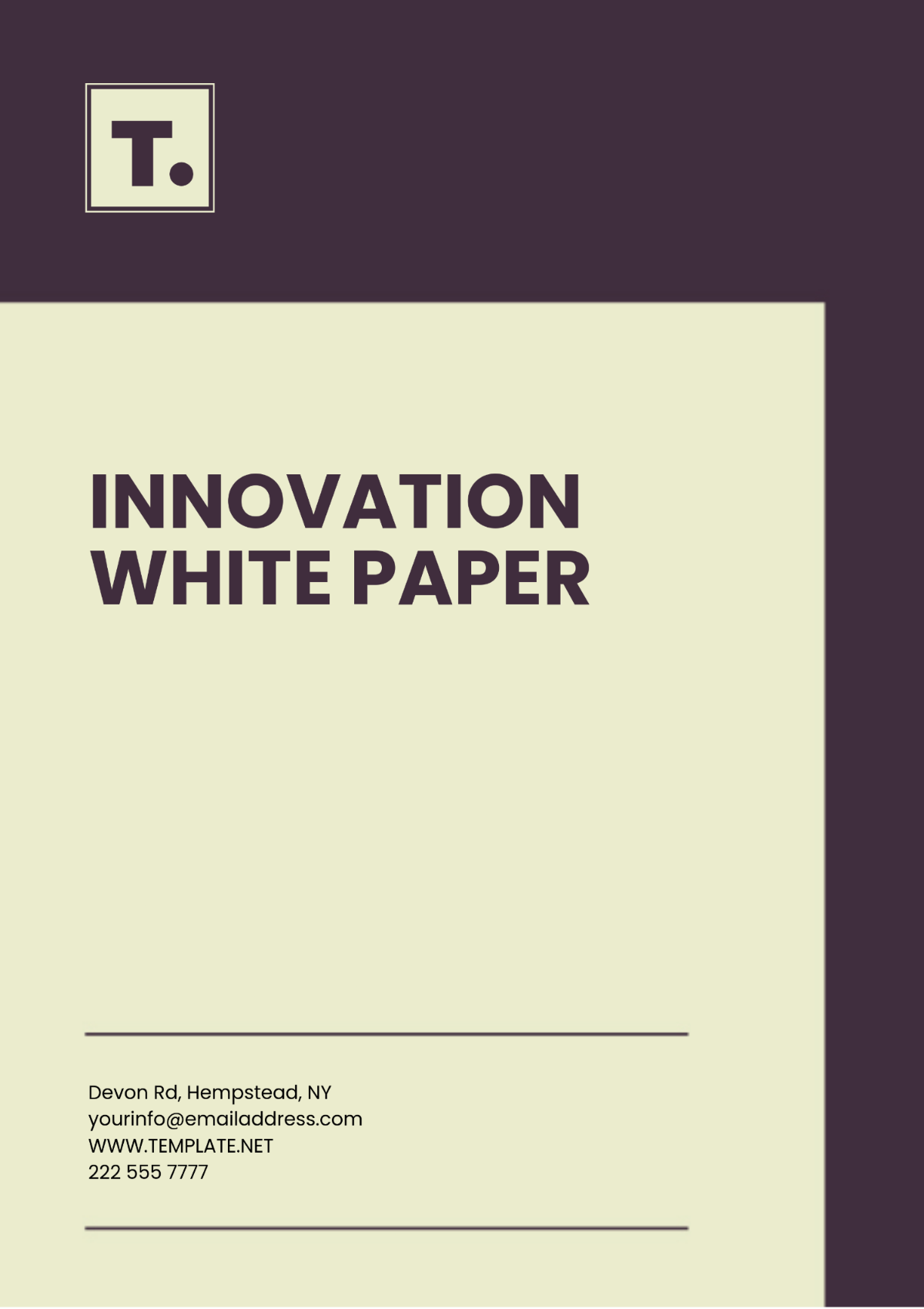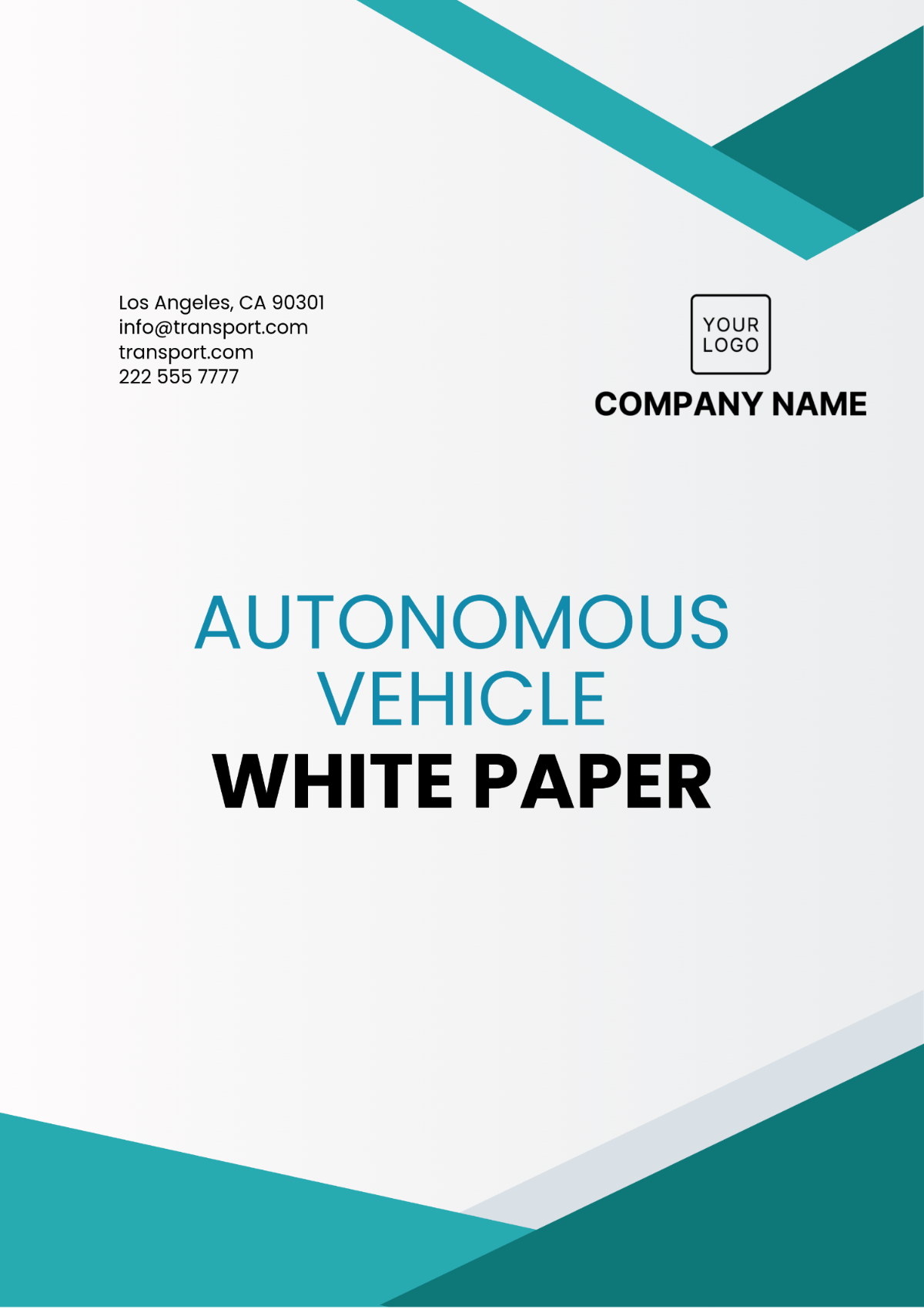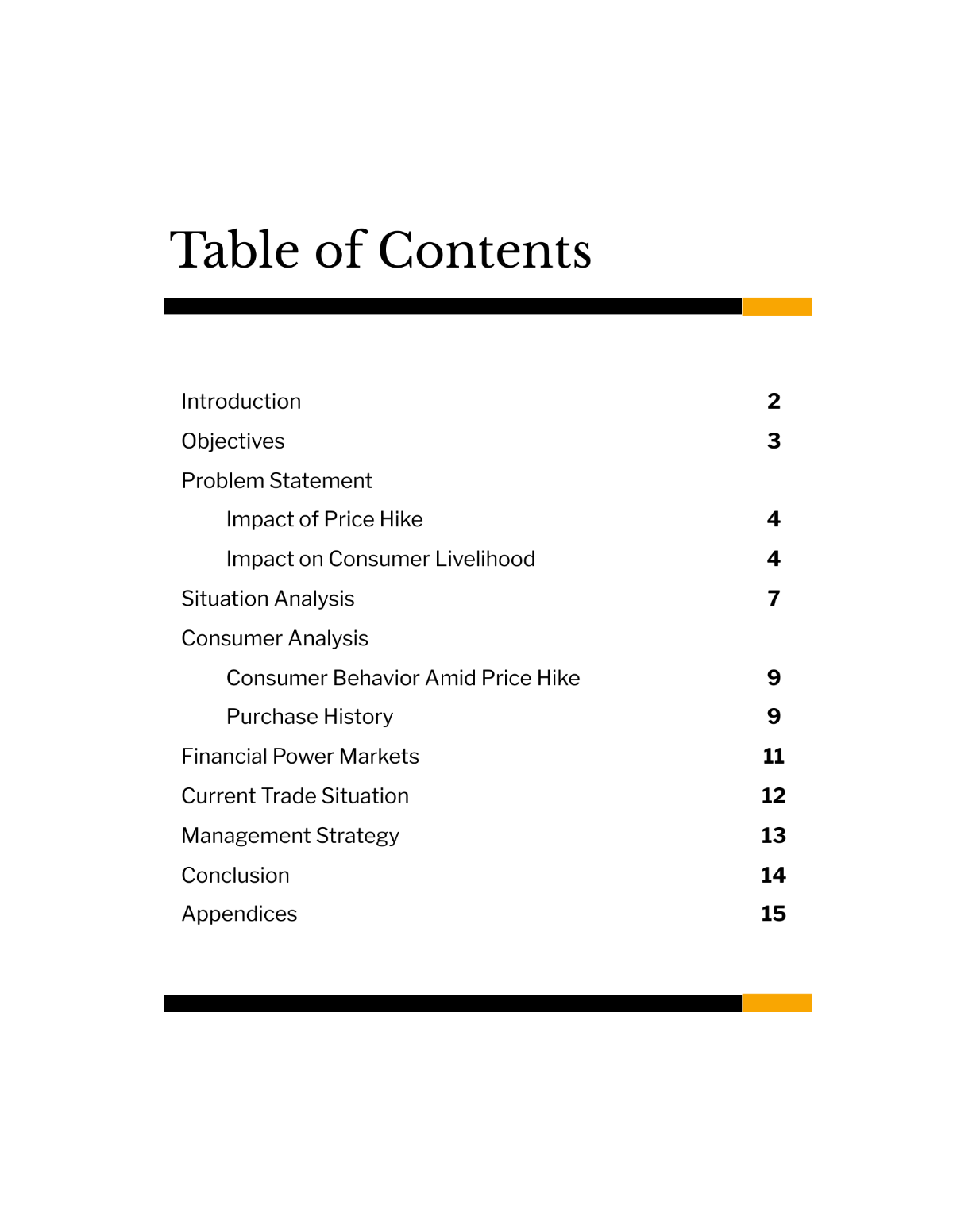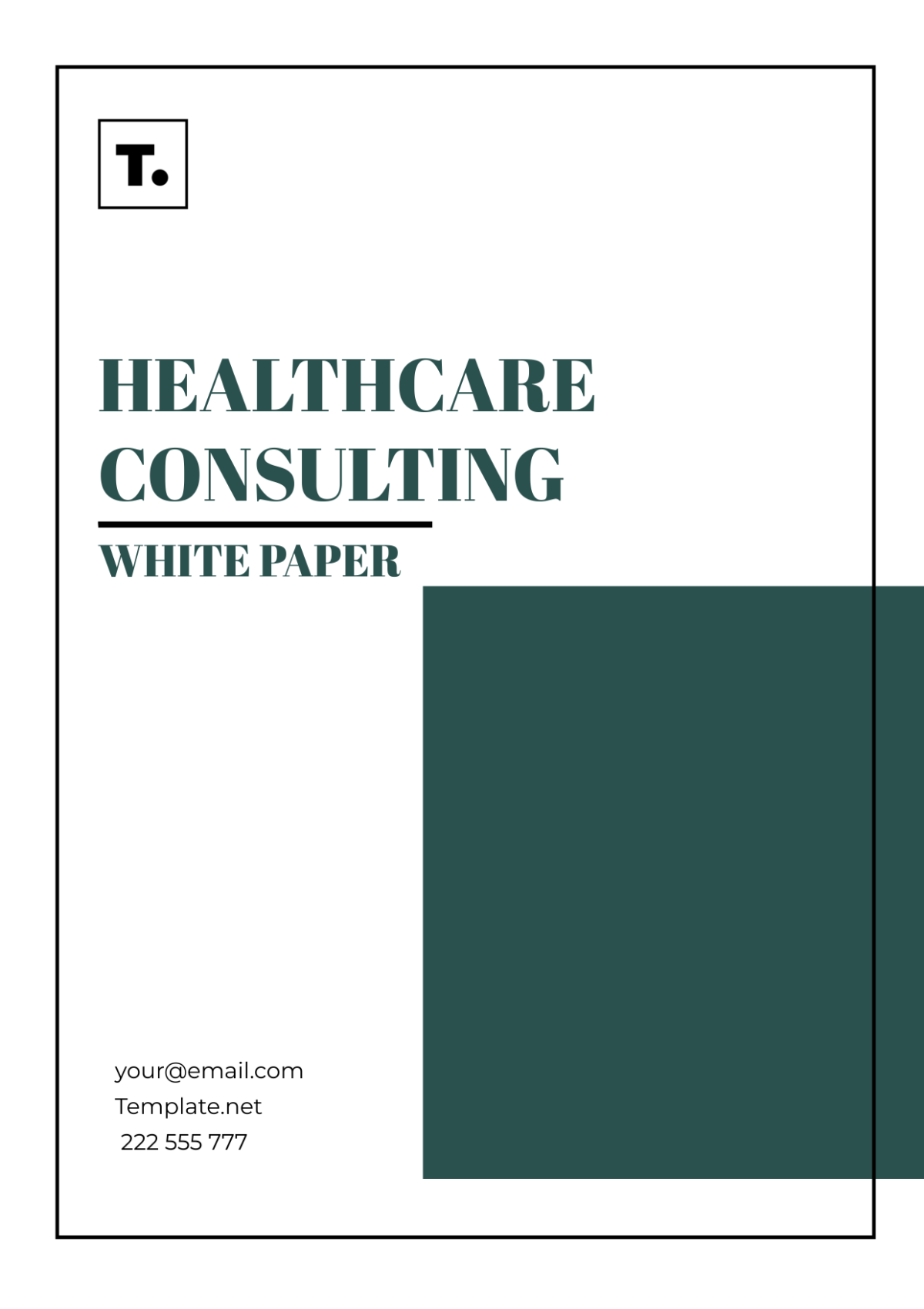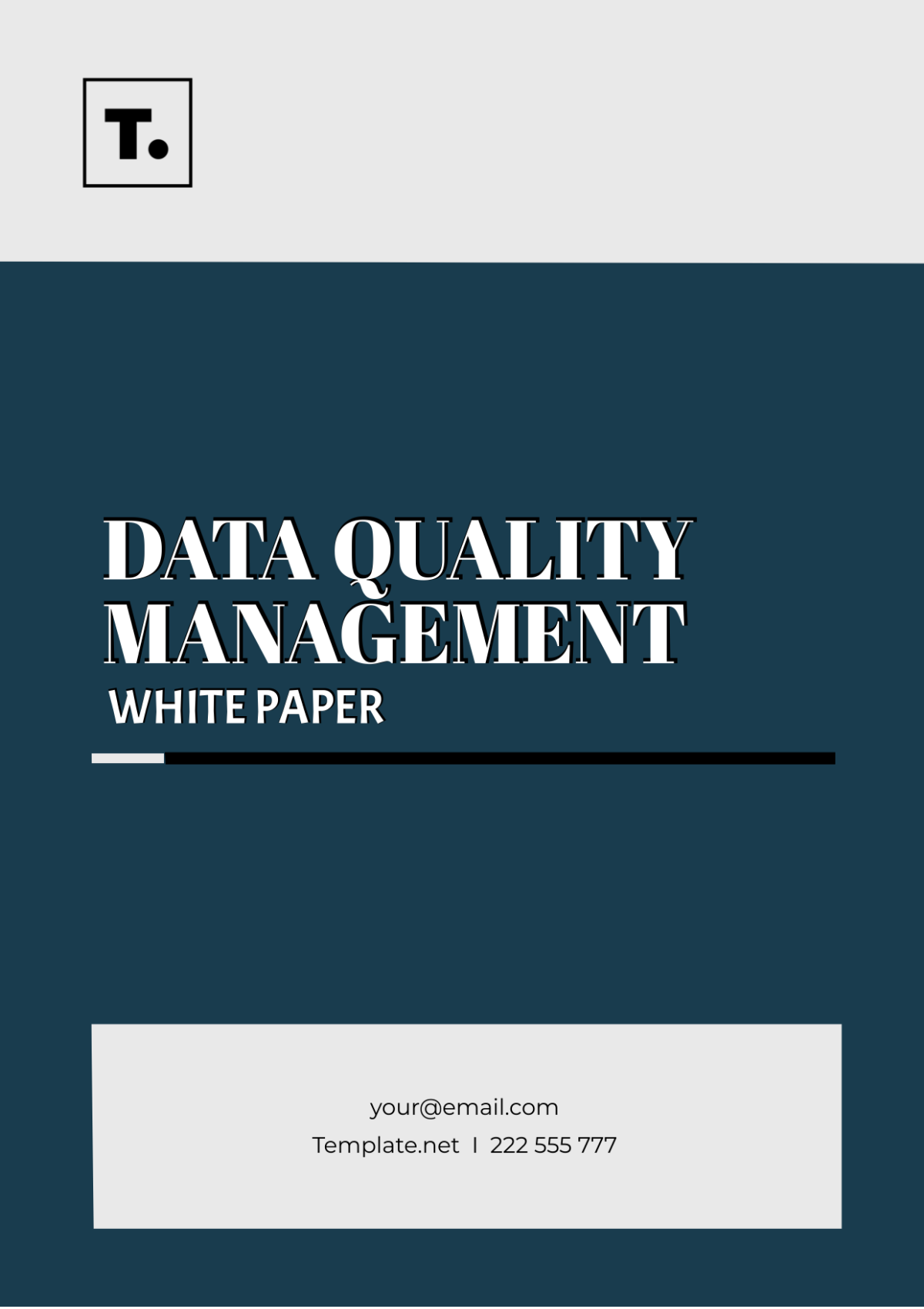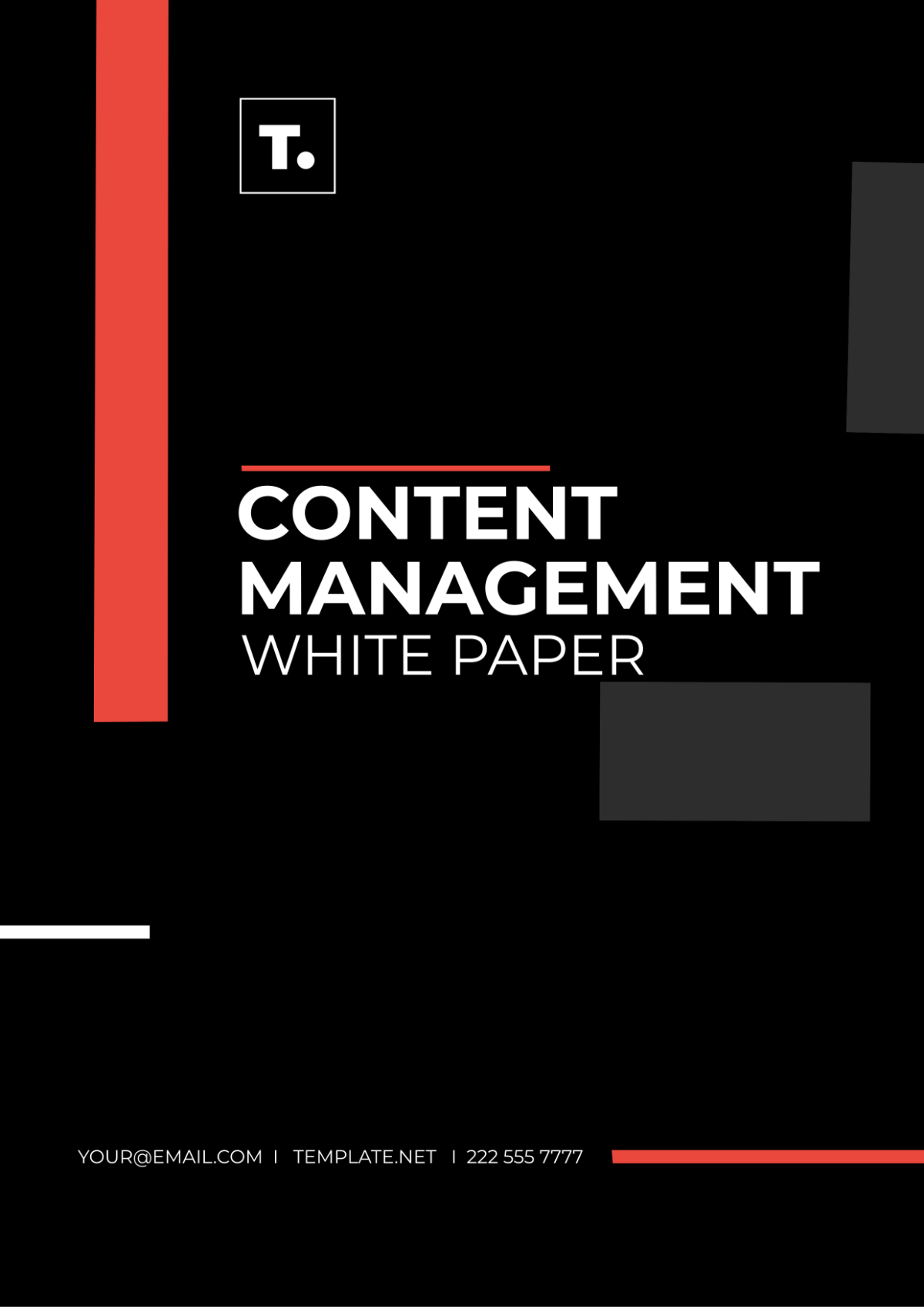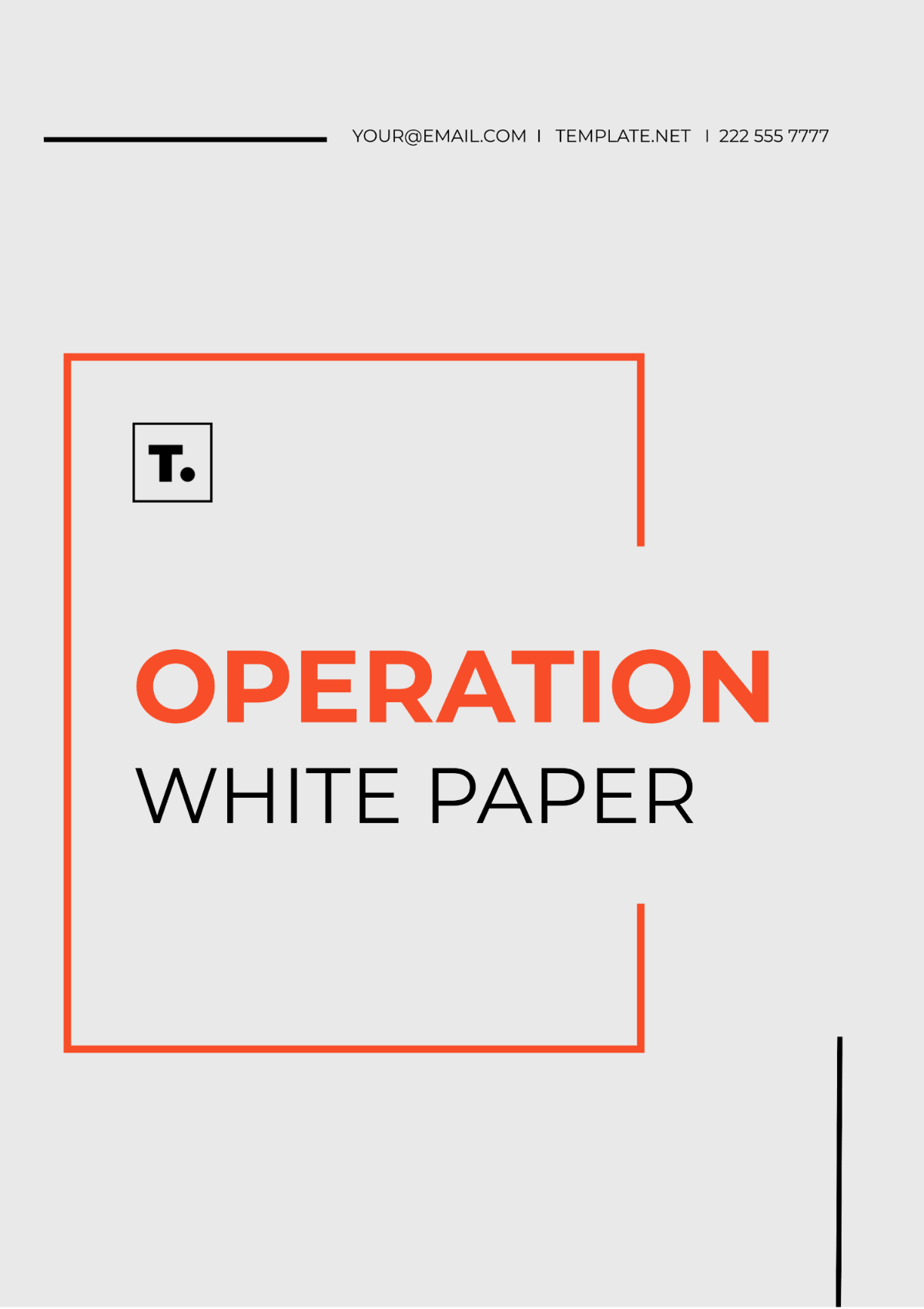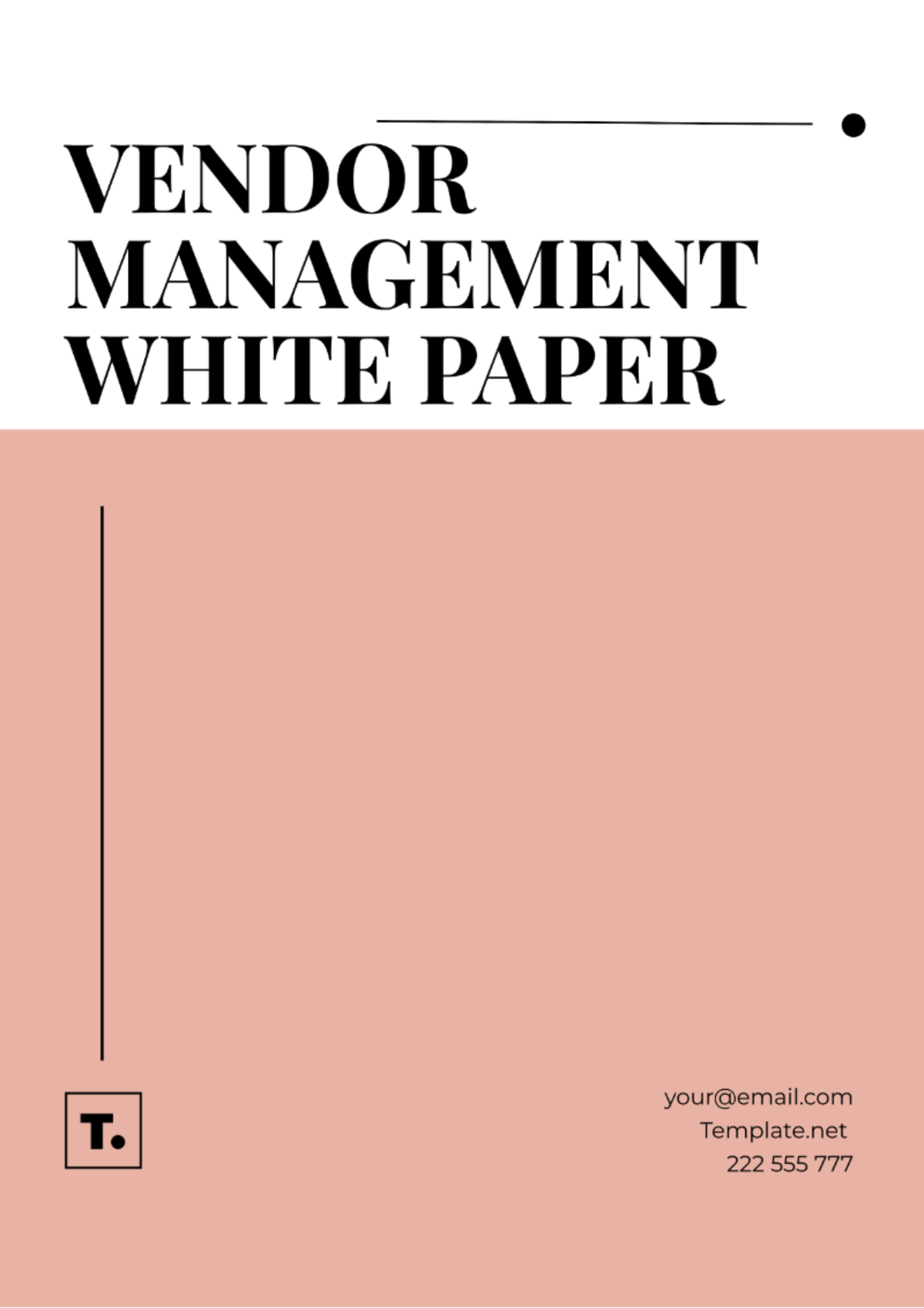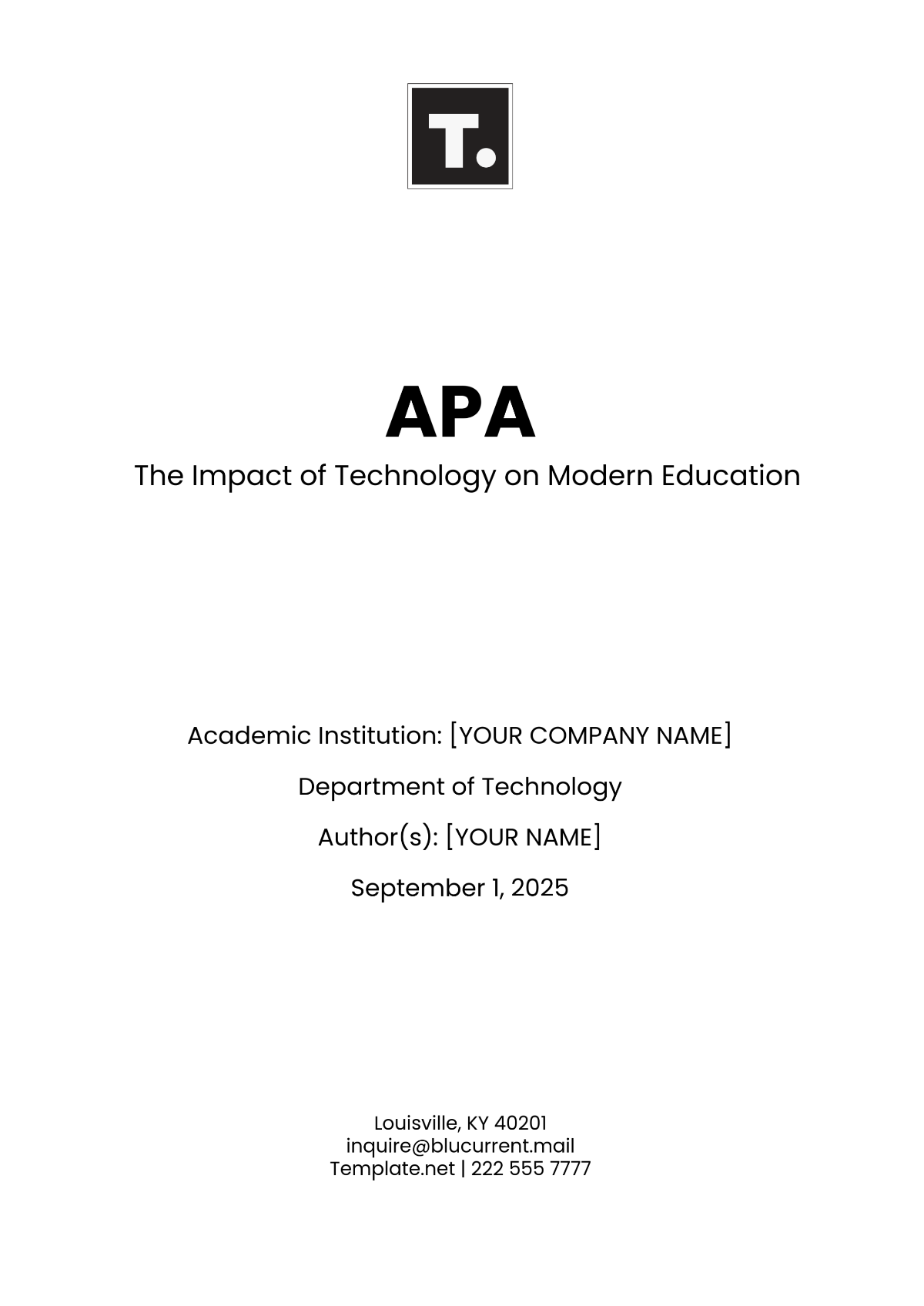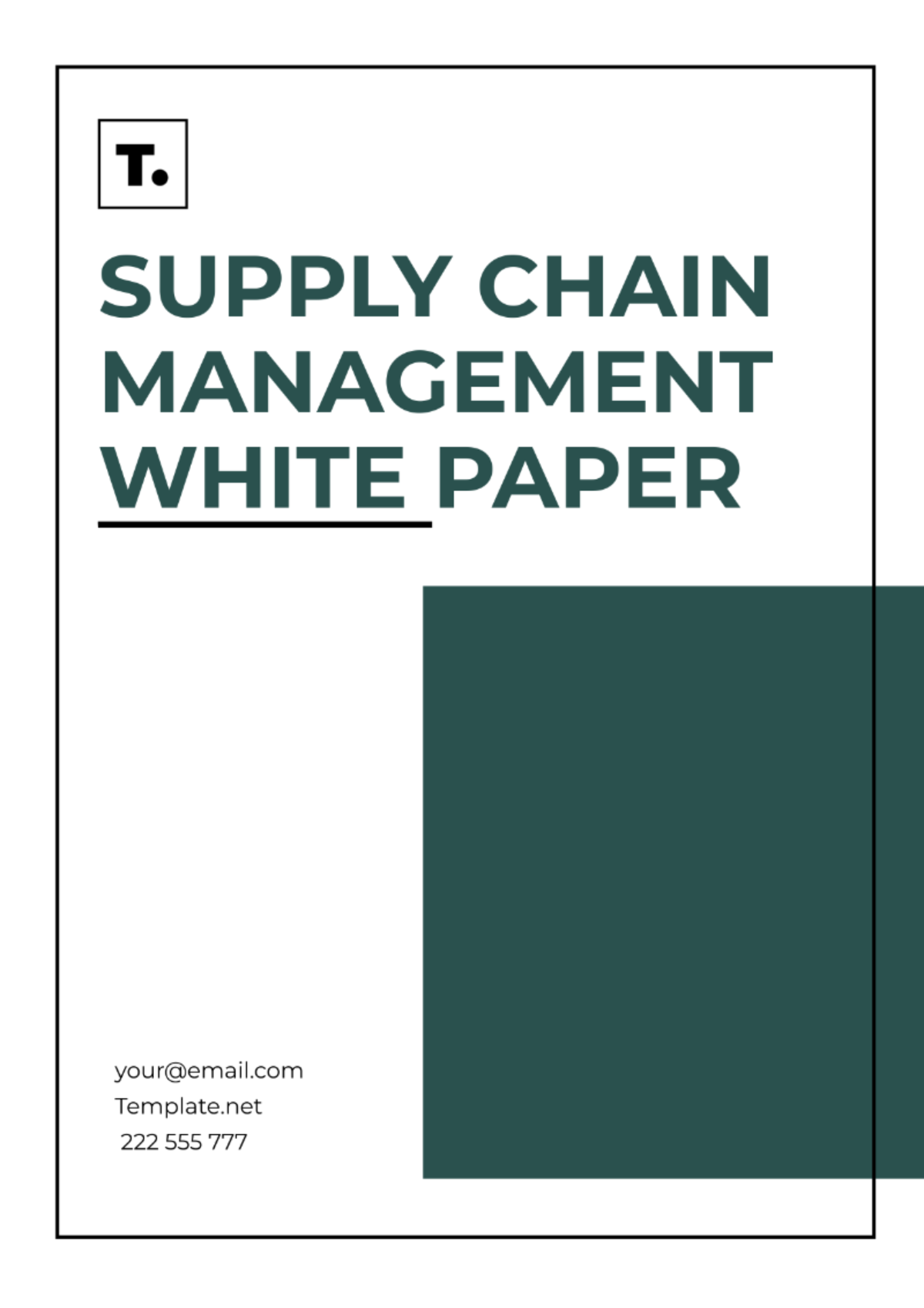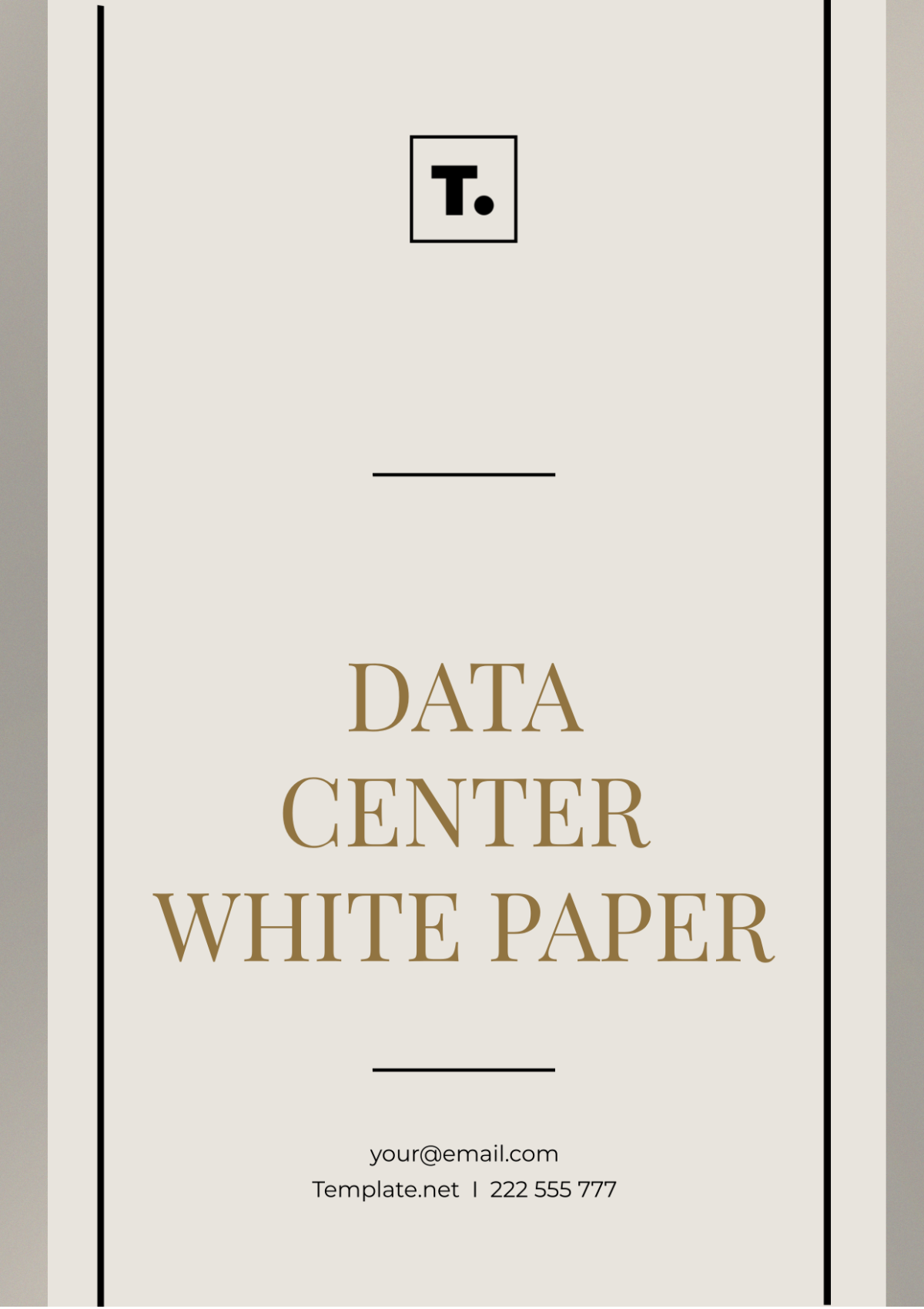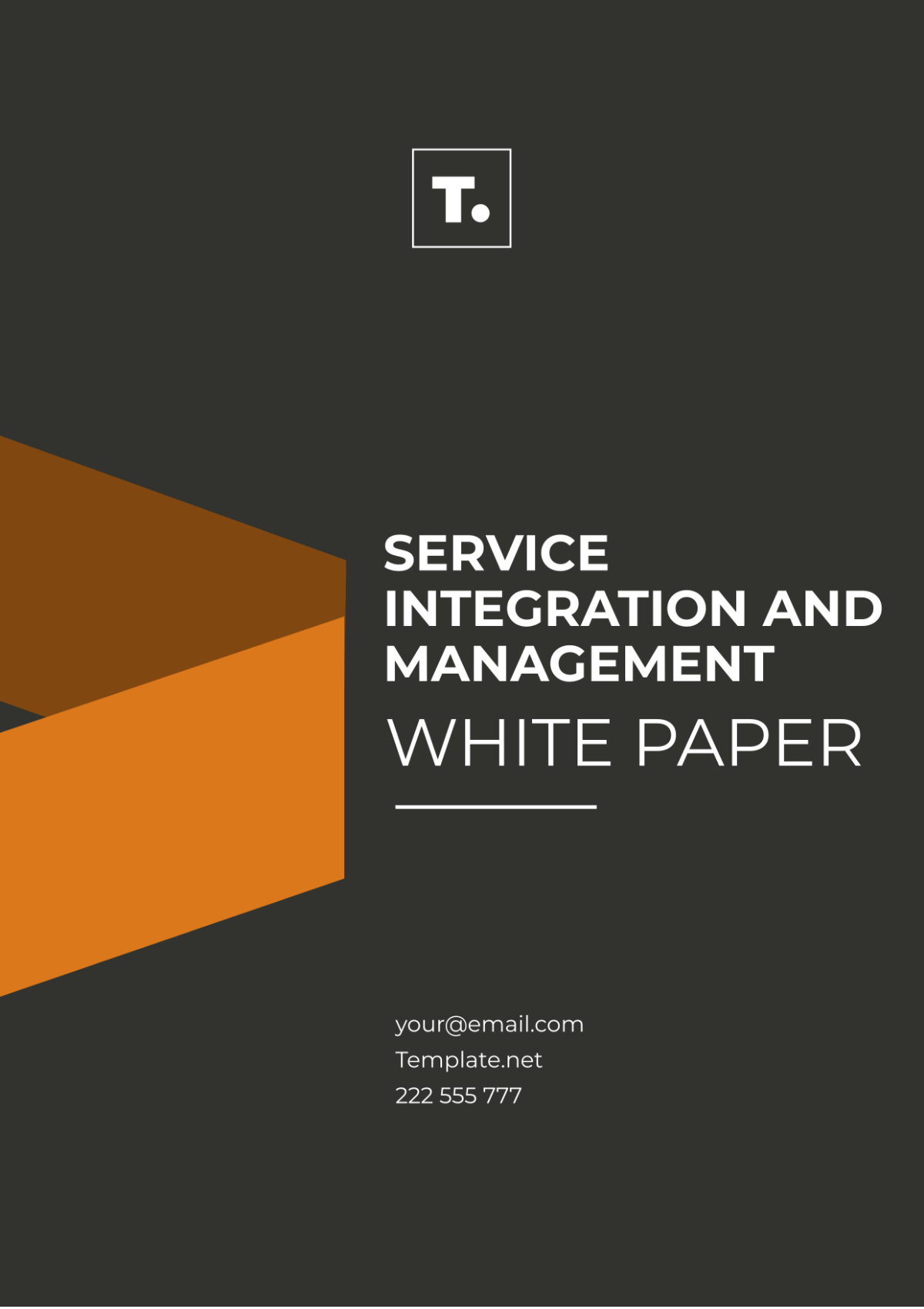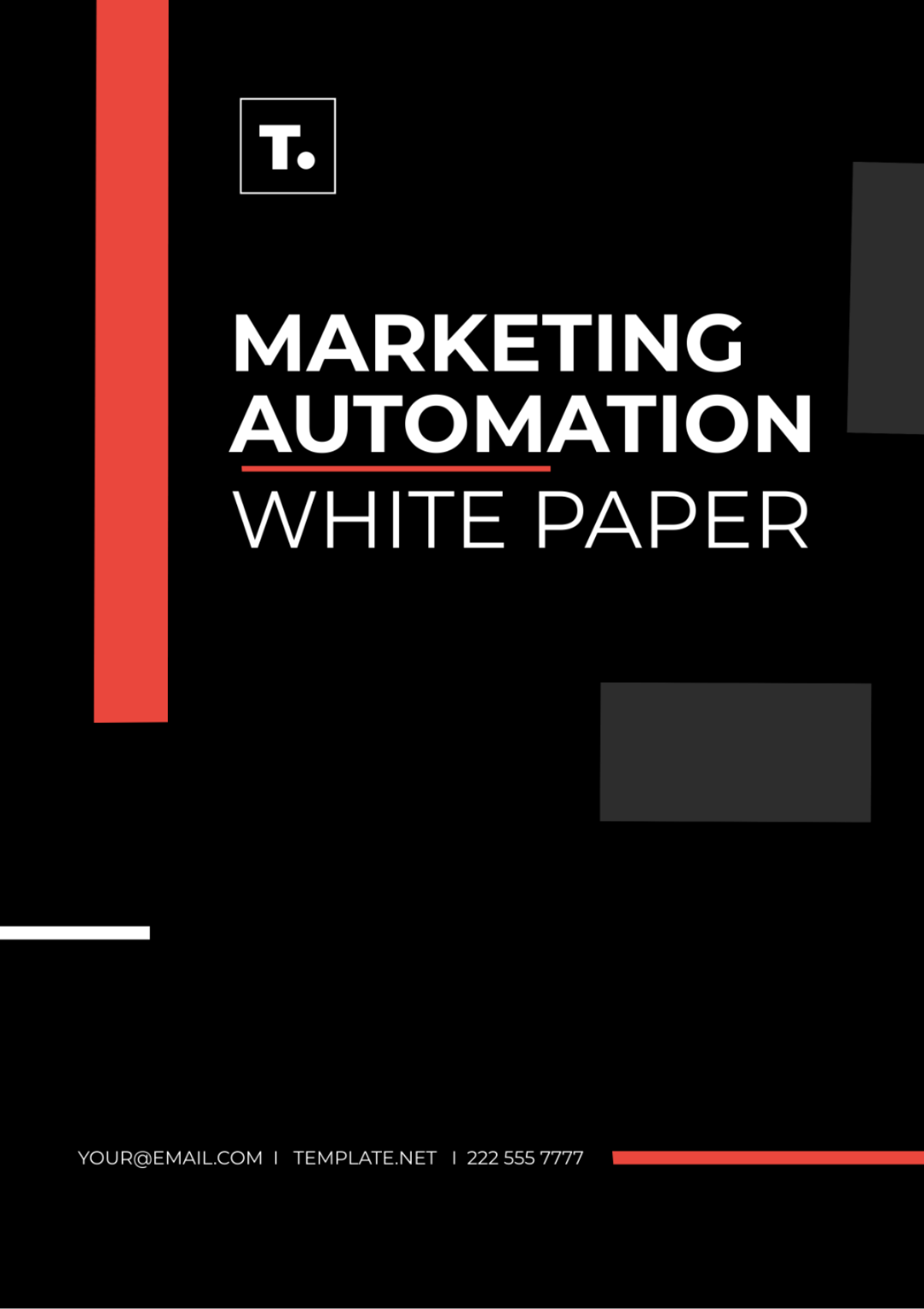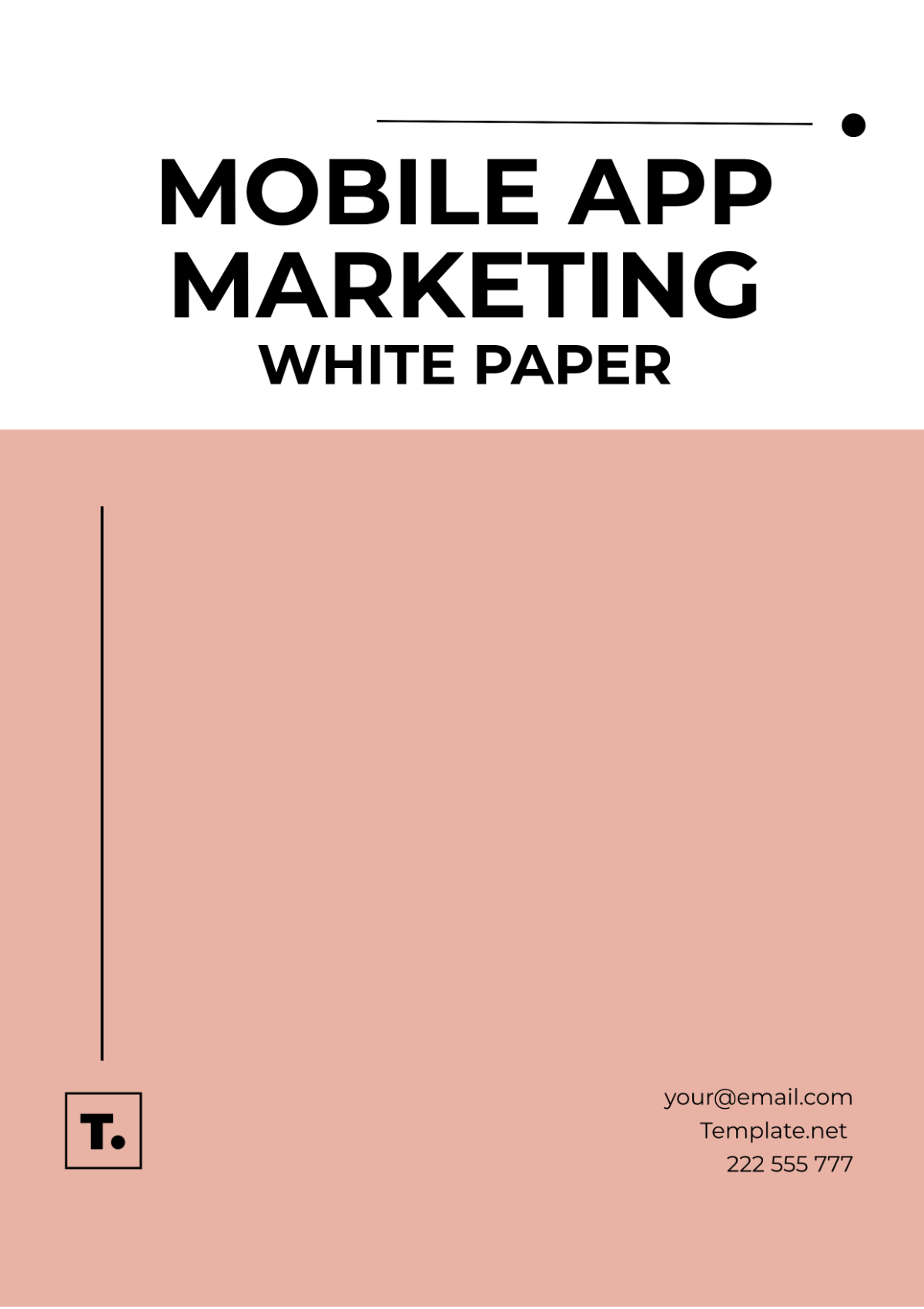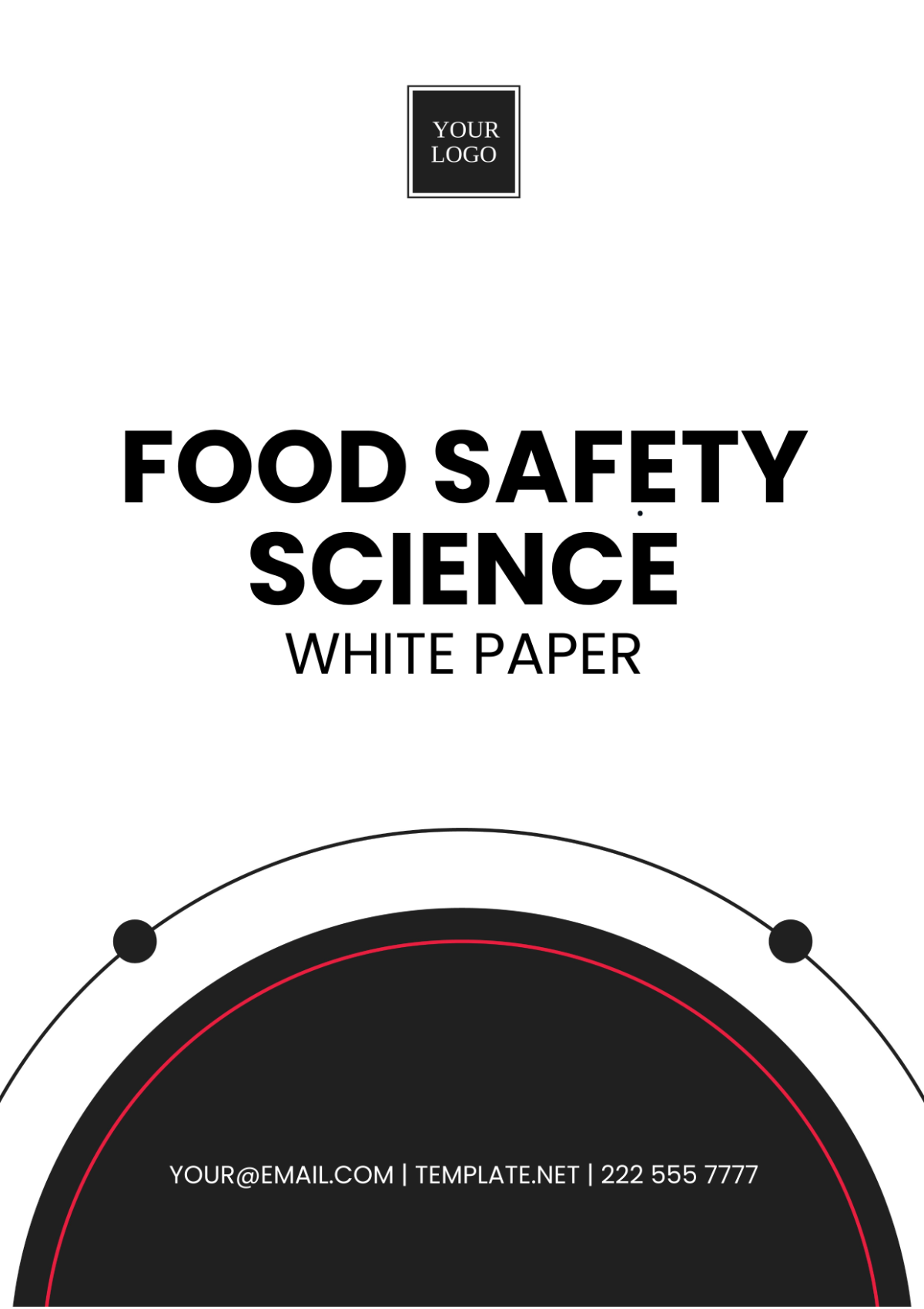Marketing Automation White Paper
Enhancing Business Outcomes through Marketing Automation Tools and Strategies
Written by: [YOUR NAME]
Date: [Current Date]
I. Introduction

In the ever-evolving landscape of digital marketing, leveraging automation tools has become quintessential for businesses aiming to enhance efficiency and personalize customer interactions. This white paper delves deep into the concept of marketing automation, discussing its fundamental benefits, crucial implementation strategies, and sharing industry best practices.
II. Understanding Marketing Automation
Marketing automation refers to the software and technologies designed for marketing departments and organizations to more effectively market on multiple channels online (such as email, social media, websites, etc.) and automate repetitive tasks.
A. Definition
[Your Company Name] defines marketing automation as the use of software and technology to streamline, automate, and measure marketing tasks and workflows so that operational efficiency is improved and revenue grows faster.
B. Core Components
Email Marketing
Social Media Campaigns
Lead Generation
Analytics and Reporting
III. Benefits of Marketing Automation
The integration of marketing automation into your business strategy can yield numerous benefits, primarily geared toward optimizing marketing and sales collaboration, better lead conversions, and enhanced customer experiences.
A. Increased Marketing Efficiency
Automate repetitive tasks such as emails, social media postings, and other website actions, freeing up team members to focus on more creative and revenue-generating activities.
B. Enhanced Personalization and Customer Engagement
Utilize customer data to tailor communications based on behaviors and preferences to foster higher engagement rates.
C. Metrics and Analytics
Gain insights through detailed analytics on marketing campaigns and customer behavior, aiding in more informed decision-making processes.
IV. Implementing Marketing Automation
Implementing marketing automation tools within your business requires a strategic approach to ensure alignment with overall business objectives and seamless integration with existing processes.

A. Planning and Strategy
Begin with clear objectives and outcomes for what you aim to achieve with marketing automation. Outline the tools and platforms that align best with [Your Company Name]'s business goals.
B. Choosing the Right Platform
Evaluate different marketing automation platforms that best meet the needs of [Your Department]. Consider features, scalability, integration capacities, and overall costs.
C. Training and Onboarding
Ensure that your team is well-trained in the new tools. Regular training sessions and available resources can help smooth the transition and maximize the platform’s potential.
V. Best Practices in Marketing Automation
To maximize the effectiveness of marketing automation tools, it is essential to implement best practices that have been recognized and validated across the industry.
A. Regular Data Cleaning
Keep your customer data clean and updated to ensure efficient targeting and segmentation of audiences.
B. Personalization and Customer Journeys
Design tailored communication strategies that address individual customer journeys and present relevant content at each stage of the customer lifecycle.
C. Continuous Monitoring and Optimization
Continuously monitor the performance of all marketing automation efforts and optimize based on findings to improve outcomes continuously.
VI. Conclusion
Marketing automation not only streamlines operations but also offers a more personalized approach to customer engagement. With careful implementation and adherence to best practices, [Your Company Name] can significantly enhance its marketing effectiveness and achieve desirable business outcomes.
Contact Information:
Your Name: [YOUR NAME]
Your Email: [YOUR COMPANY EMAIL]
Your Company: [YOUR COMPANY NAME]
Your Department: [YOUR DEPARTMENT]



